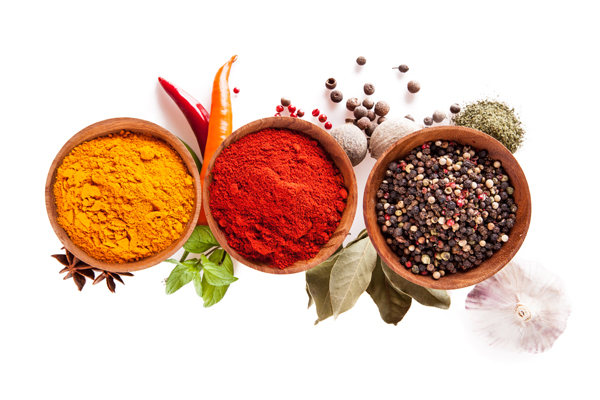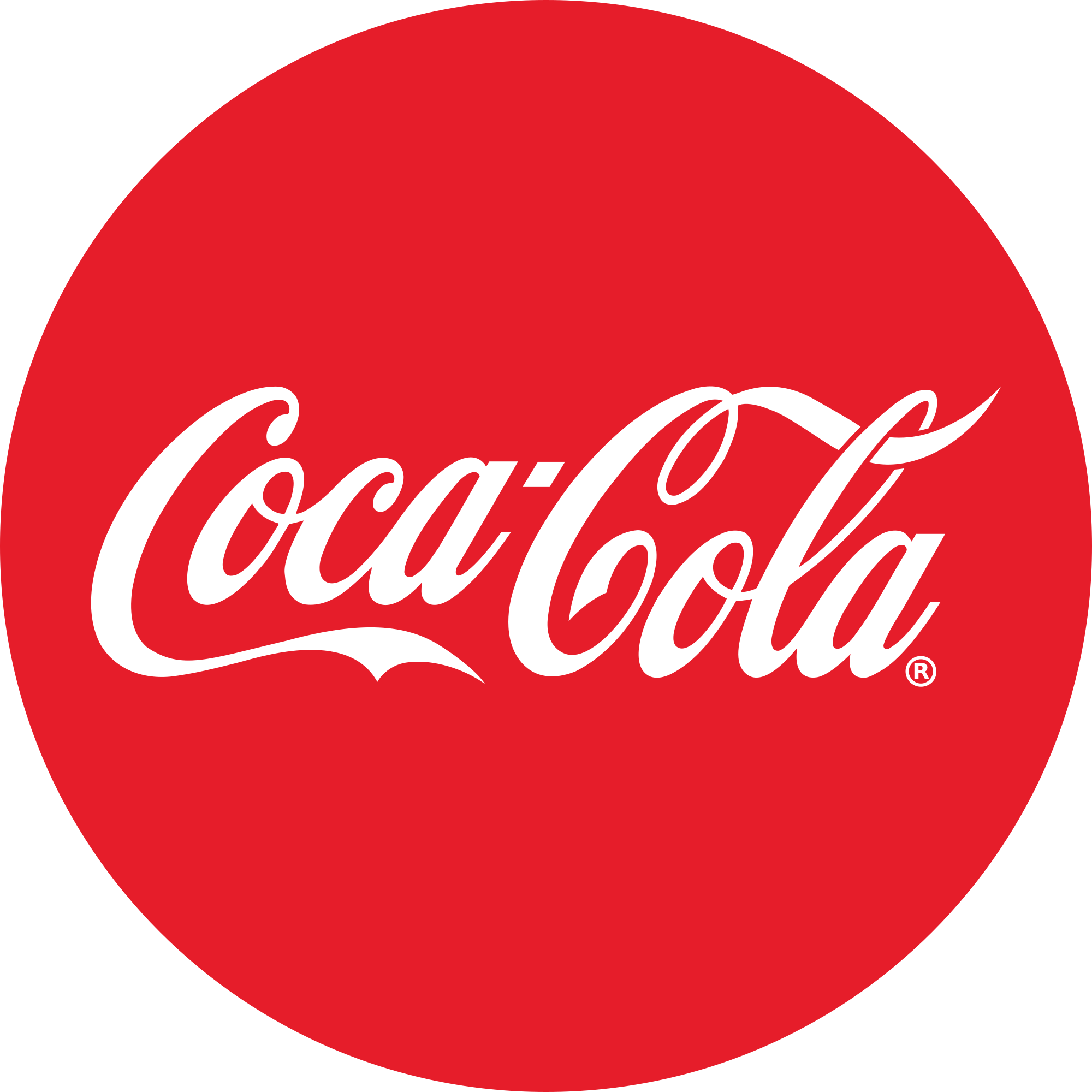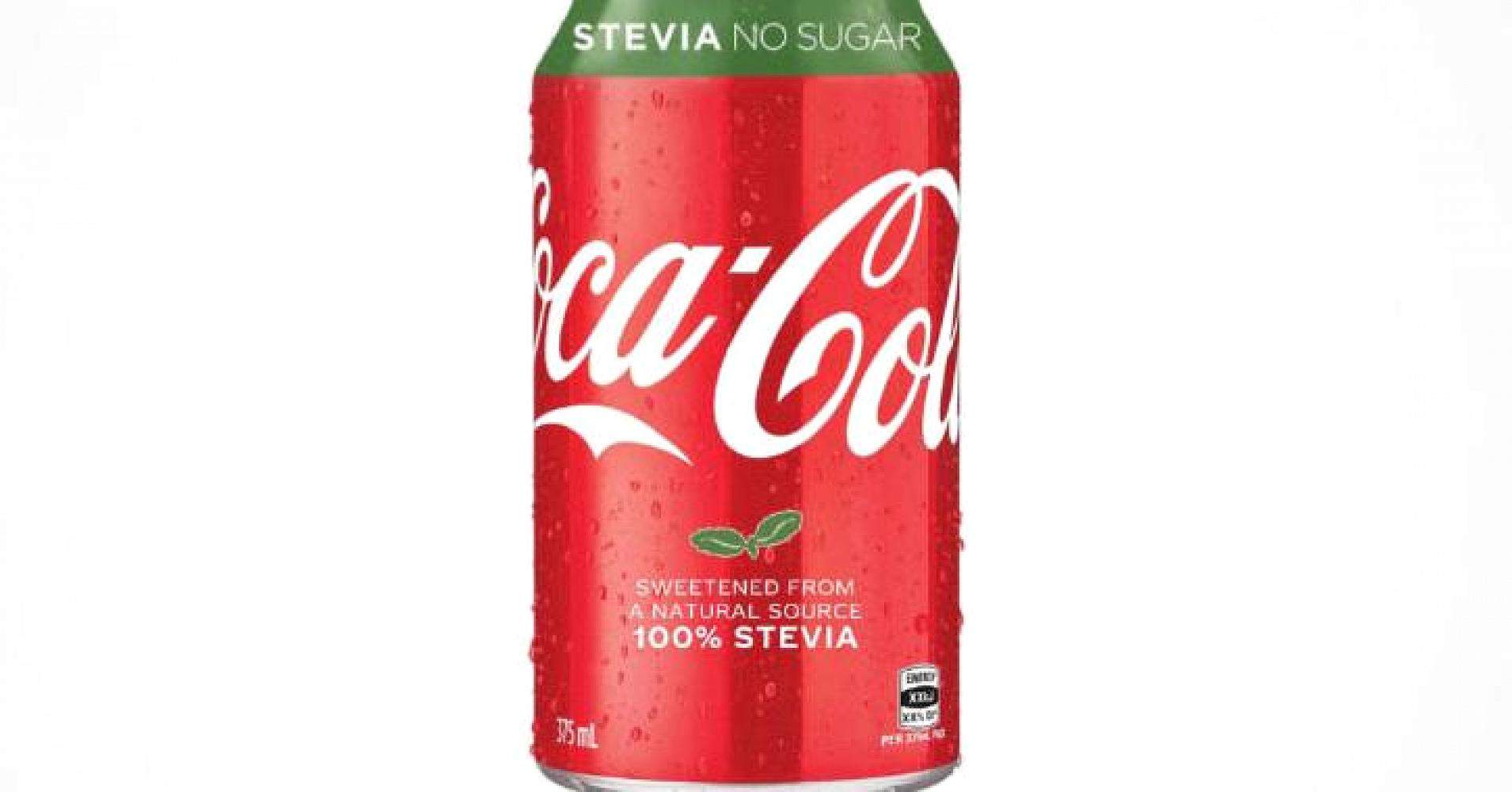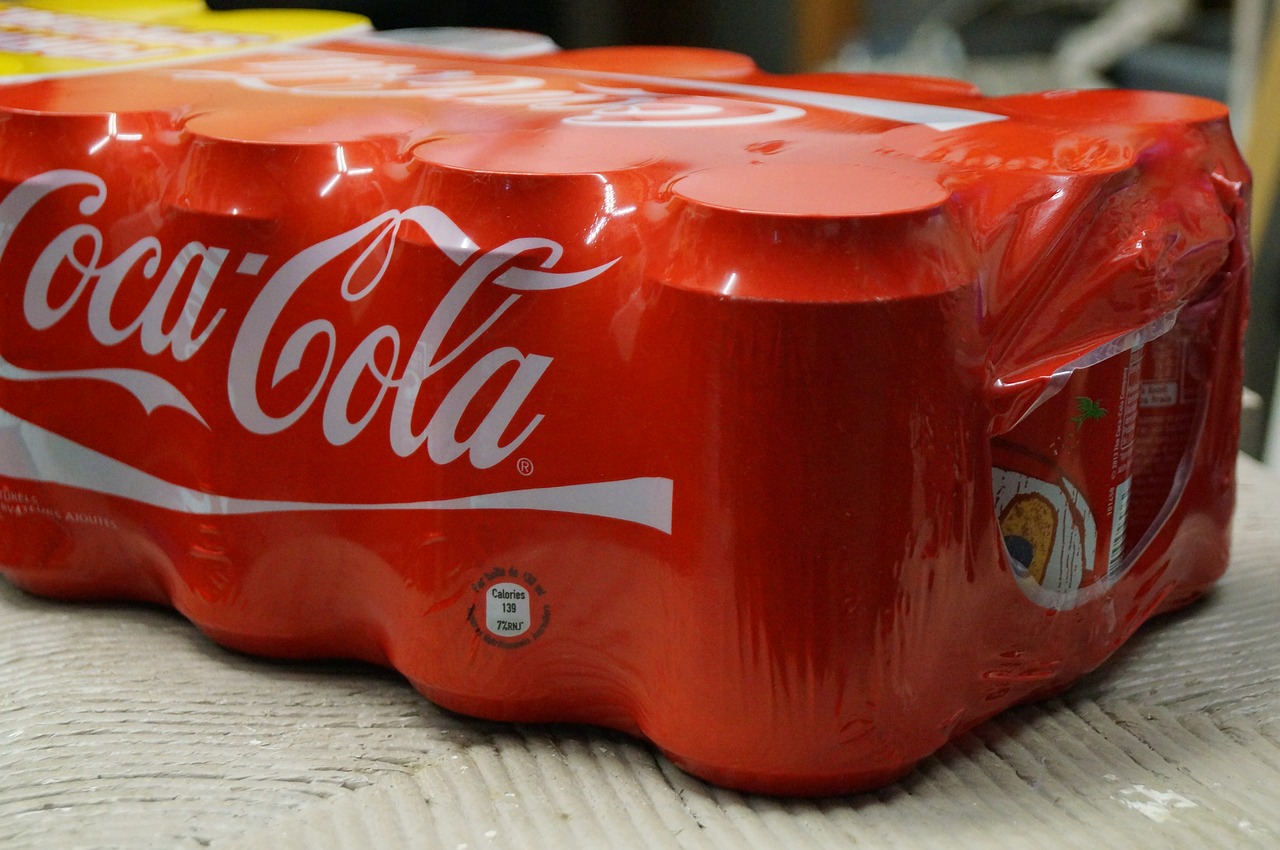The Coca-Cola Company has been in investment mode in recent years, with the company racking up several smaller, primarily health-focused beverage companies. Just last month the company announced it had taken a minority stake in Iris Nova, the parent company of beverage brand Dirty Lemon. Coca-Cola led a $15 million investment round, which made the world’s largest beverage company the largest investor in Iris Nova.
“Over the last year, we spoke with all major strategics and feel confident that The Coca-Cola Company is the best partner at our current stage of growth,” said a spokesperson from Iris Nova in a statement to Xtalks. “We’re excited to build and strengthen the relationship with [The Coca-Cola Company] — our interests are aligned with the goal of furthering the rapid creation of new beverage products for the modern consumer.”
The first brand under the Iris Nova umbrella, Dirty Lemon, launched in 2015 and took off on social media, developing a following among millennials on Instagram. The drinks contain health-linked ingredients like collagen and turmeric, and offer flavors like charcoal, matcha, rose and ginseng. For a brief period last year, some of the beverages contained cannabidiol (CBD) as an ingredient, although the company has said it has since discontinued the product because of legal concerns.
https://www.instagram.com/p/Bp-hzrpHe6r/
Iris Nova also has a unique approach to selling its drinks. The company operates a direct-to-consumer model that sees most of its sales made through text messages. Iris Nova says the model applies shared technology, operational infrastructure and data across a portfolio of beverage brands, which supports rapid product innovation based on consumer demand. It also says the model allows it to bring a beverage from the drawing board to production in just 30 days.
“We’re using new capital to expand our portfolio of brands and further the tech capabilities of our SMS-based distribution platform. With the Dirty Lemon brand, we will launch a new Dirty Lemon beverage each month in 2019,” said the Iris Nova representative.
Meanwhile, in August 2018, Coca-Cola announced it bought British coffee shop chain Costa Coffee from parent company Whitbread for $5.1 billion. Yesterday the European Commission cleared the sale of the coffee chain, which has a massive retail presence around the world with 3,882 stores in 32 countries.
The purchase was also seen as a move away from soda and into wider beverage categories, as coffee is one of the fastest-growing beverage categories globally. “Hot beverages is one of the few remaining segments of the total beverage landscape where Coca-Cola does not have a global brand,” Coca-Cola CEO James Quincey said in a statement about the Costa Coffee acquisition.
Before this, Coca-Cola bought a minority stake in Maryland-Based Honest Tea in 2008 and acquired the rest of the company in 2011. Honest Tea, which sells bottled teas and other juice drinks, was started in 1998 with a socially and environmentally conscious mission in mind. Since the company was acquired by Coca-Cola, Honest Tea has seen dramatic growth from $23 million in revenue in 2007, to $218 million in revenue in 2016.
Honest Tea Co-Founder and CEO Seth Goldman maintains that Coke is honoring their products and original mission, “including by setting up a high-quality tea brewing system and using only fair-trade tea,” Goldman said in an interview with Reuters. He added that he “expects the drinks will always be sweetened with organic cane sugar instead of the less-expensive high-fructose corn syrup that goes into many other Coke products.”
These acquisitions are largely being attributed to strategic moves by Coca-Cola, which has struggled in recent years with the growing public perception that its signature soft drinks are unhealthy. The New York Times reported on October 2, 2015 that “Over the last 20 years, sales of full-calorie soda in the United States have plummeted by more than 25 percent.” Sugar taxes imposed in some US cities have also prompted innovation in the beverage sector and a binge of acquisitions in drinks other than soda.












Join or login to leave a comment
JOIN LOGIN